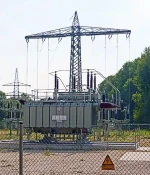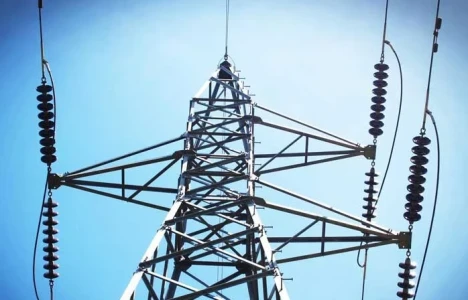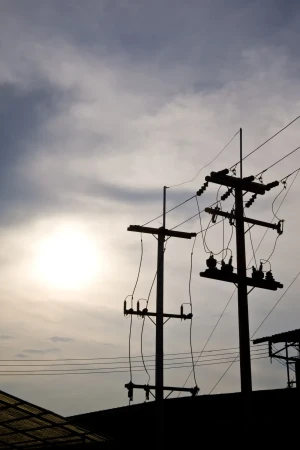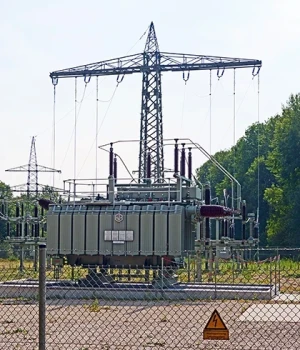Demand Response
Historical facts on Ontario's peaksaver PLUS
Smart Transformers: Enhancing Grid Efficiency and Reliability
Demand Response

Real-time Monitoring is Key to Reducing Energy Consumption
Empowering utilities to assist their customers
BY TIM VAN SLAMBROUCK, DENT Instruments
Energy utilities and consumers alike can benefit from continuous monitoring of energy usage, because monitoring is the key to identifying areas where consumption can be reduced, and significant cost savings can be had by controlling consumption at times when utilities’ generation resources are taxed the most. Some public facilities such as hospitals, universities and civic buildings are taking the lead in taking advantage...
Related Articles

Smart Transformers: Enhancing Grid Efficiency and Reliability
The evolving demands of modern power grids necessitate the adoption of advanced technologies that can provide enhanced efficiency, reliability, and flexibility. Smart transformers are at the forefront of this technological revolution, offering a range of capabilities that significantly improve the...

Smart thermostats prove their worth, leading the way to smarter homes
Over the past couple of years, advanced thermostats have seen a steady uptake and are reaching a higher level of market maturity.Google’s acquisition of Nest Labs for $3.2 billion in 2014 fueled the development of this market. Other high profile companies have since followed suit to carry...

The New Demand Response
Demand response—in the traditional sense—is deceased. The new demand response, on the other hand, builds on lessons learned and provides the path for integration of technology, customers, and programs. This new definition of demand response is enabling active load management using price...

FERC Complaint Targets Duke, PJM Transmission Planning
A coalition of large energy consumers and ratepayer advocates has filed a complaint with the Federal Energy Regulatory Commission (FERC), urging the agency to prohibit transmission owners from independently planning "local" transmission projects exceeding 100 kilovolts (kV). The coalition argues...

FERC Complaint Targets Duke, PJM Transmission Planning
A coalition of large energy consumers and ratepayer advocates has filed a complaint with the Federal Energy Regulatory Commission (FERC), urging the agency to prohibit transmission owners from independently planning "local" transmission projects exceeding 100 kilovolts (kV). The coalition argues...

Virtual Power Plants (Vpp) And Smart Grids: Integrating Renewable Energy For A Sustainable Future
The rapid shift toward renewable energy resources (RERs) has placed significant demands on traditional power systems. To address these challenges, modern energy infrastructure is evolving into smart grids, leveraging advanced technologies like Virtual Power Plants (VPPs) to enhance grid...

FERC Rejects PJM Transmission Planning Change
The Federal Energy Regulatory Commission (FERC) has rejected a proposal from PJM Interconnection, one of the United States' largest regional transmission organizations, to alter its transmission planning protocol. The decision represents a significant victory for state regulators who had expressed...

FERC Conference Highlights Challenges in Resource Adequacy
The Federal Energy Regulatory Commission (FERC) recently hosted the Co-Located Load Conference, a significant event that focused on resource adequacy, energy reliability, and the challenges of ensuring sufficient electricity supply amidst changing grid dynamics. As the energy landscape continues to...

Pathways Initiative Proposes Regional Organization to Oversee Western Power Markets
In a landscape characterized by evolving energy demands and increasing pressure to transition to renewable sources, the Pathways Initiative is proposing a significant restructuring of power market oversight in the Western United States. This initiative seeks to create a regional organization that...

Smart Transformers: Enhancing Grid Efficiency and Reliability
The evolving demands of modern power grids necessitate the adoption of advanced technologies that can provide enhanced efficiency, reliability, and flexibility. Smart transformers are at the forefront of this technological revolution, offering a range of capabilities that significantly improve the...
